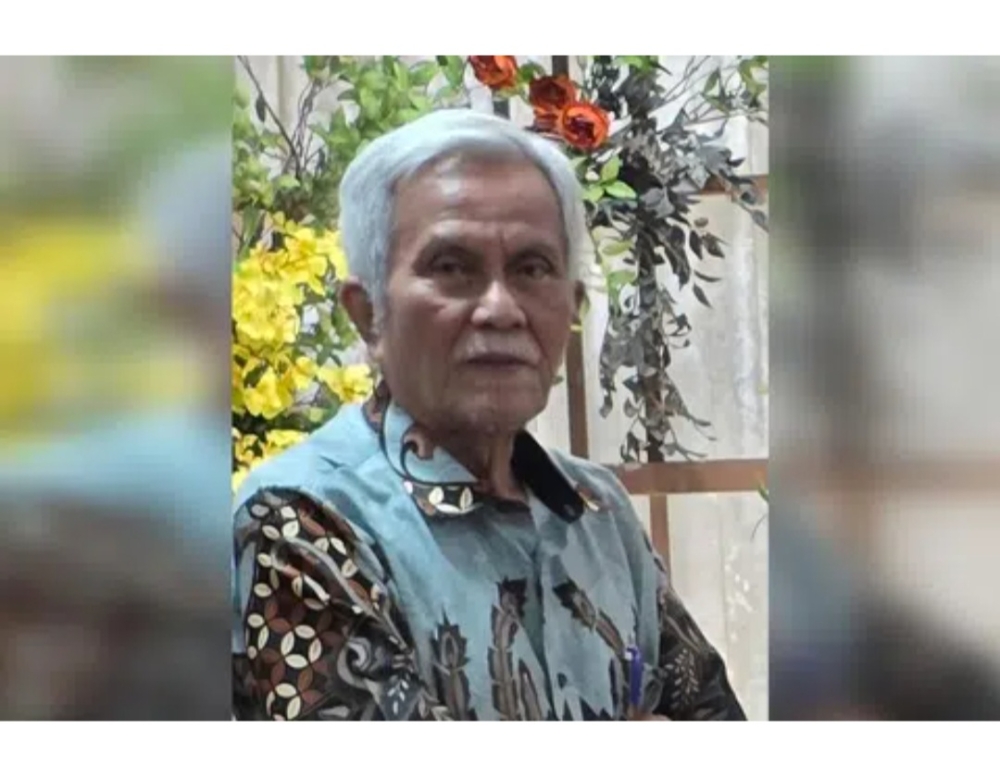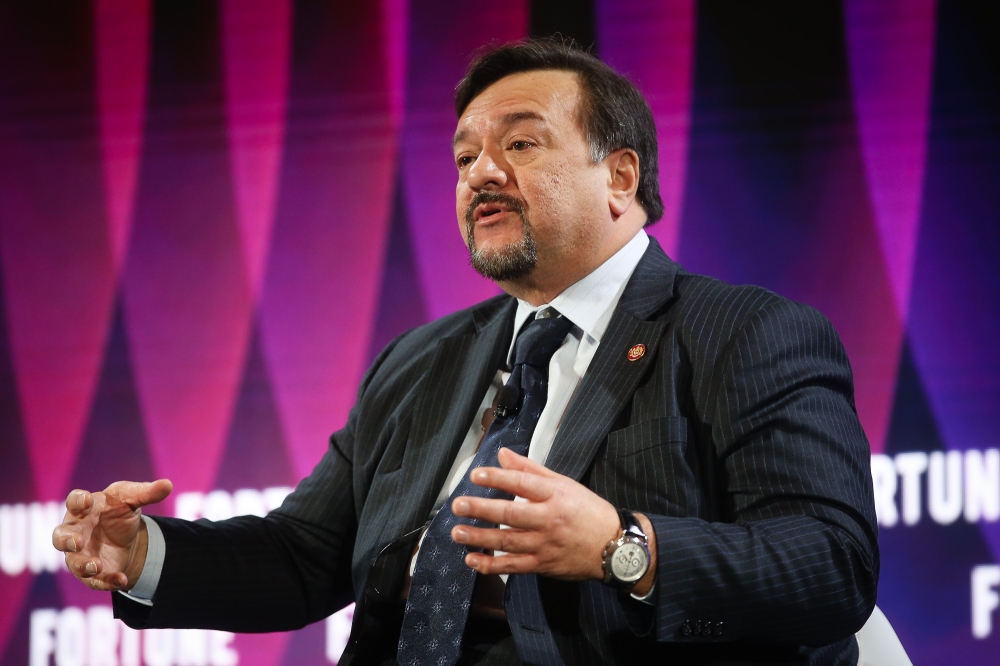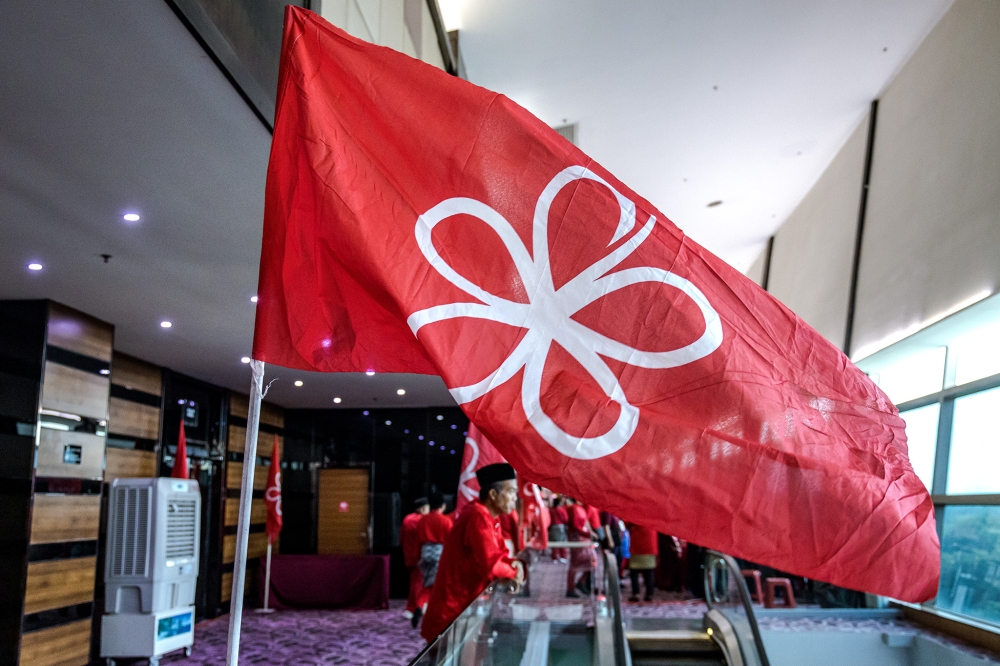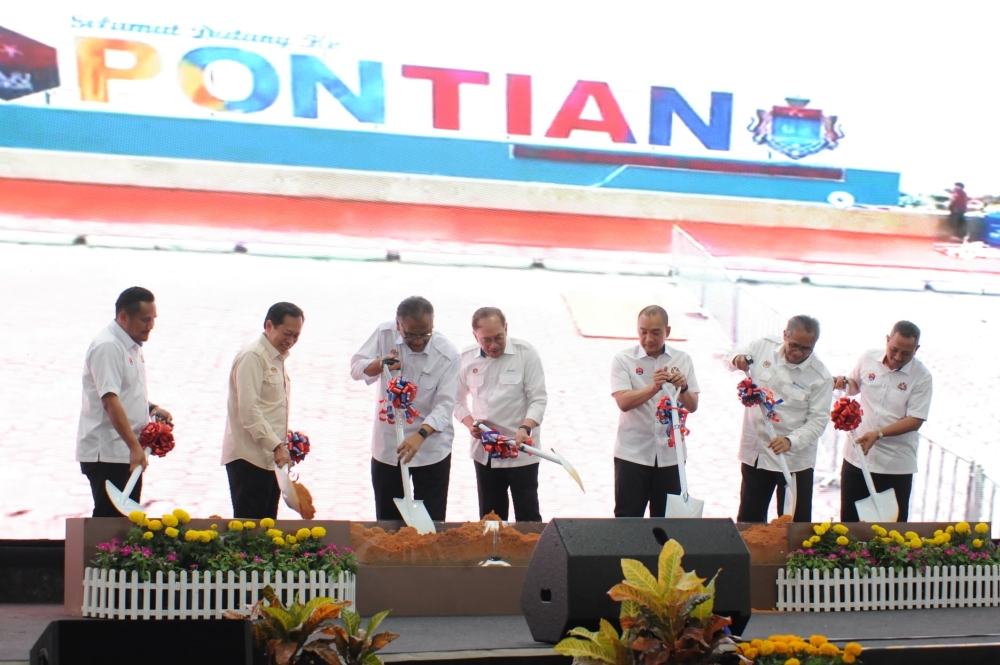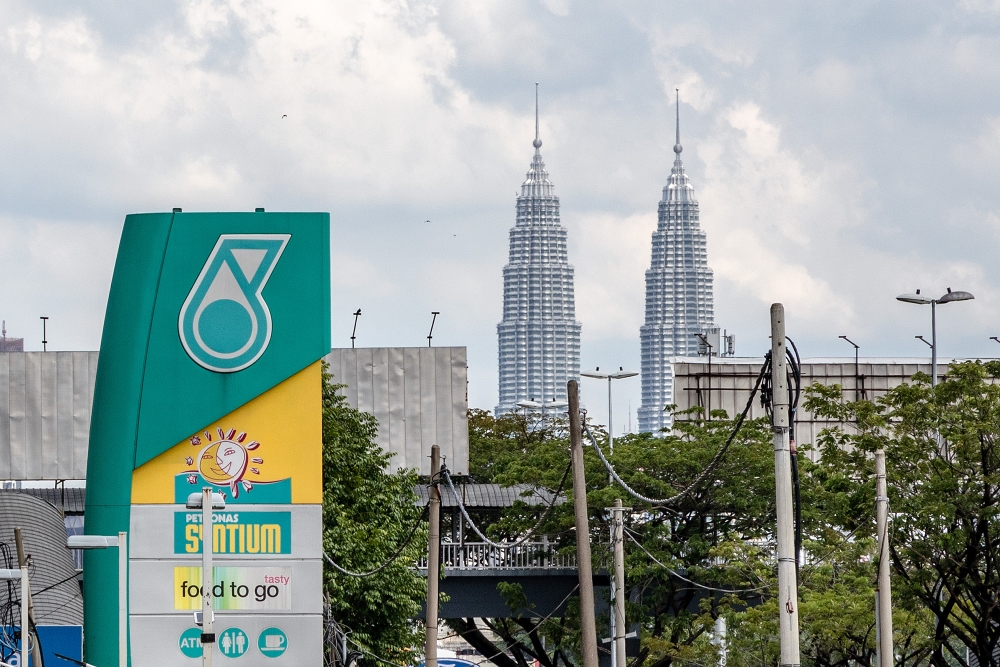KUALA LUMPUR, May 14 — A growing dispute over regulatory control in Sarawak’s gas sector has escalated into a national concern, with state demands challenging the existing energy framework led by Petronas, Malaysia’s national oil company.
The issue began when Sarawak accused Petronas Carigali of operating without proper licensing under the state’s Distribution of Gas Ordinance 2016 (DGO). The move provoked a nationwide reaction and prompted both Prime Minister Datuk Seri Anwar Ibrahim and Sarawak Premier Tan Sri Abang Johari Openg to publicly call for calm while talks continue.
At the core of the matter is Sarawak’s push to make Petros, its state-owned energy company, the sole gas aggregator — a role traditionally held by Petronas.
Here is a look at the issues at the core of this tussle:
Challenge to national energy cohesion
The implications of Sarawak’s demand go beyond local governance. Analysts say the move could fragment Malaysia’s oil and gas industry and weaken the Petroleum Development Act 1974 (PDA) — the law that has enabled Petronas to manage and develop the country’s hydrocarbon resources over the past five decades.
If Petros takes over the aggregator role, Sarawak could reap up to RM20 billion annually, but this would come directly at the expense of Petronas — potentially destabilising its financial footing and ability to return RM30 billion to RM50 billion in dividends to the federal government each year.
Petronas’ role built on experience and international trust
As a state-owned enterprise with global reach, Petronas has built trust over decades as a reliable and competent aggregator of gas, managing exploration, production, and exports, including through long-term contracts with buyers in Japan and South Korea.
These export agreements, many of which span 20 to 30 years, cannot simply be amended. If gas prices increase under a Petros-led regime, Petronas would either suffer financial losses or risk breaching legally binding deals — undermining Malaysia’s international credibility.
Replacing Petronas as aggregator could affect the reliability and scale that major East Asian importers are accustomed to, introducing new dynamics into the existing system.
Legal ambiguity deepens tensions
Although Anwar reaffirmed in February that the PDA remains the overarching legislation, he also acknowledged Sarawak’s authority over downstream regulation under the DGO.
However, Sarawak’s move to issue a legal notice against Petronas Carigali for allegedly operating without a state licence suggests a fundamental conflict with the federal position, setting the stage for a legal stand-off over jurisdiction.
The federal government has clarified that no additional licences are required under the existing legal framework for Petronas to operate within Sarawak, further complicating the state’s position.
Petros’ infrastructure and demand readiness remain in question
While Sarawak claims its bid for gas control is aimed at supporting local industry through the Sarawak Gas Roadmap 2030, questions remain about whether demand can match supply.
Petros is set to receive up to 1.2 billion cubic feet per day in gas for local use — nearly triple the current allocation of 450 million. Yet industry sources caution that no major buyers have committed to absorbing the surplus, raising the risk of oversupply.
Though industrial zones like Bintulu and Samalaju have been cited as potential off-takers, the lack of confirmed demand puts pressure on Petros to justify the expanded supply allocation.
Risks to federal revenue and ordinary Malaysians
Petronas’ contributions to national finances are a major source of funding for public subsidies and essential services. Any erosion of its profit margins — especially from losing its role in Sarawak — would shrink the federal purse.
Energy analyst Asrul Hadi Abdullah Sani from consultants ADA Southeast Asia has warned that reduced dividends would directly impact government subsidies, potentially leading to higher fuel and electricity costs, especially for the middle-income (M40) and lower-income (B40) groups.
Others highlight that Malaysia’s generous fuel subsidies may no longer be sustainable if Petronas’ revenue falls, and data centres and energy-intensive industries drawn by cheap power may reconsider their presence in the country.
Investor pullback signals broader concerns
The uncertainty is already affecting investor sentiment. Energy giant ConocoPhillips has withdrawn from a RM13.7 billion deepwater project off Sarawak’s coast, and Shell MDS (Malaysia) Sdn Bhd is pursuing legal action against both Petros and Petronas over gas supply rights in the state.
There is growing concern that other states may follow Sarawak’s lead, forming their own energy firms and creating fragmentation across the national gas sector. Without the economies of scale and international credibility that Petronas brings, Malaysia may struggle to remain competitive in the global energy landscape.
If Petros lacks sufficient in-house expertise, it may be forced to rely on foreign partners, raising concerns over energy sovereignty and efficiency.
No clear end in sight
Negotiations between Petros and Petronas remain ongoing, with both the federal and state governments watching closely. There is currently no deadline for a resolution, leaving the future of Malaysia’s energy governance hanging in the balance.
The outcome could significantly reshape Petronas’ role, threaten the country’s fiscal stability, and create a fragmented energy environment that weakens Malaysia’s position both domestically and abroad.
Maintaining cohesion in the oil and gas sector will require a measured, inclusive solution that protects national interests, upholds Petronas’ mandate, and ensures that any regional ambitions do not come at the cost of energy security and financial stability.








